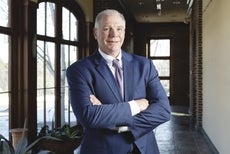
How Central Mass. leaders are fighting vaccine hesitancy
 PHOTO/Matt Wright
First responders receive the COVID vaccine at the Worcester Senior Center in January.
PHOTO/Matt Wright
First responders receive the COVID vaccine at the Worcester Senior Center in January.
Dr. Eric Dickson, president and CEO of UMass Memorial Health in Worcester, remembers when the vaccines against COVID-19 first became available early this year.

“People were trying to cut in line,” Dickson said. “You couldn’t get it out fast enough.”
But, months later, a quarter of Worcester County residents age 12 and up still haven’t gotten a first shot. (None of the COVID vaccines are yet approved for children under 12.) And, since the virus spreads much more easily among those who are unvaccinated, that group is helping to fuel the resurgence of cases coming with the Delta variant of the disease.
Dickson said it’s important not to lump all people who are choosing not to get vaccinated into a single group. He said a fairly small percentage of people are dead set against getting the shot, generally because of incorrect information they’ve heard. Some falsely believe the vaccines contain microchips or alter people’s DNA, and, in many cases, can’t be talked out of these ideas.
“And then there’s the people that say ‘I don’t like needles, I don’t like getting shots,’” Dickson said. “Or they say ‘I get sick when I get vaccines.’”
Those are legitimate concerns, Dickson said, and he has hope people who have them can be convinced to get the vaccine to protect themselves and others. One way to do that is to talk them through their worries. For example, shots and adverse reactions to the vaccine may be unpleasant, but they’re not nearly as bad as many cases of COVID. And, while vaccine-hesitant people may know people can still get the disease after vaccination, they may not realize getting the shot reduces both the likelihood of contracting the disease and the severity of cases that do occur.
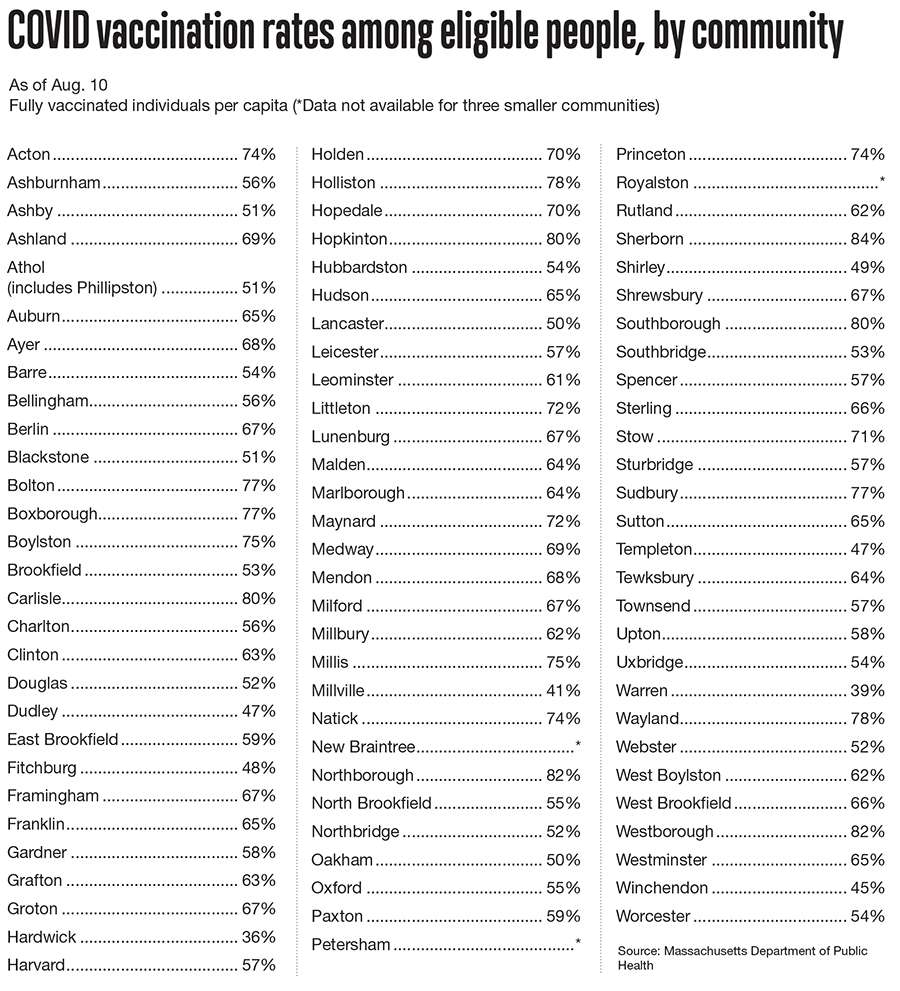
Thoughtful encouragement
James Abare, health agent for the Town of Winchendon, said he often ends up talking with people who are worried about getting vaccinated.
“I try and tell people if they do have concerns on the vaccine to please have an honest discussion with their family doctor,” Abare said. “They probably are not best served getting medical advice from politicians and TV personalities, so I try to steer them toward their doctor.”
Abare said he’s heard from some people who believe false conspiracy theories about the vaccine, but the biggest issue he’s heard local residents raise is that the COVID vaccines don’t yet have full approval from the U.S. Food & Drug Administration. Due to the urgency of getting shots in arms, the federal agency issued emergency use authorizations for the vaccines after rigorous testing but before completing its full approval process.
Federal health authorities have said they hope the COVID vaccines will get full approval before September, and Abare said that may ease some people’s concerns. He said while vaccination rates slowed over the months, with COVID cases on the rise, more people are now getting the shots.
Dickson said one way to encourage more people to get the vaccines is simply to make them very easy to get. UMass Memorial now offers COVID vaccinations at all its hospitals and clinics, but he said what’s been even more successful is sending mobile units to the mall. The social atmosphere in public places means people walking by may encourage the friends they’re with to get the shot.
“Friends are allowed to put peer pressure on,” he said.
Employer mandates
With its own employees, the UMass system has taken the more hard-nosed approach of mandating vaccination.
“It really came down to an ethical obligation to do everything we can to keep our patients and our people safe,” Dickson said.
At the same time, he acknowledged there are downsides to the policy, especially during a time of staffing shortages.
“We do this, and people may leave,” he said. “We may make our staffing shortage worse, but in the end we will have done everything we can to keep our patients and our people safe.”
The organization offers exemptions for people who can’t be vaccinated for medical reasons.
Other healthcare employers are requiring their employees be vaccinated, along with colleges and universities for students and sometimes staff. But most employers haven’t chosen to make the shot mandatory for their workers.
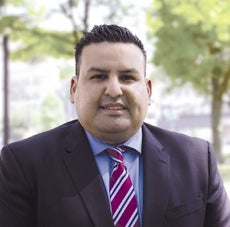
Alex Guardiola, vice president of government affairs and public policy at the Worcester Regional Chamber of Commerce, said he hasn’t heard from any companies mandating the vaccine. But many have participated in vaccination events, partnering with UMass Memorial or Saint Vincent Hospital in Worcester to offer employees the vaccine at their workplace. Guardiola said he’s been talking with local business owners who are watching to see if the state or local governments will issue mandates for vaccination or masking.
“Obviously we were hoping that we wouldn’t be coming back to this after the vaccines were rolled out,” he said, but, “they’re happy to comply to be able to keep their doors open.”
Guardiola said the most important thing for businesses is they’re not forced to shut down again due to a surge in cases in the region.
“During the pandemic I was on the phone with many companies that were just distraught because they poured every single penny they had in their life into the business,” he said. “Unfortunately, some of them couldn’t return back to opening, and they couldn’t come through the other side. I think having to shut down businesses again would be catastrophic for our region.”
Fighting a rising tide
Unfortunately, Dickson said, the lack of full vaccination across the country has already set the conditions for rising cases.
“We have given the virus the time it needs to pass from individual to individual and mutate such that it’s becoming more infectious and less susceptible to the vaccine,” he said. “Had we fully embraced the vaccine, and had everyone in the country done a better job of masking and social distancing, we would have beaten the virus back.”
Now, though, UMass Memorial employees are facing the unsettling possibility they may have to set up a field hospital for the third time since the COVID pandemic began.
“They’re like, ‘Really? I’m exhausted. How many times do we have to do this?’” Dickson said. “The healthcare workforce is exhausted and kind of fed up. But as we always do, we always rally for our patients and find a way.”
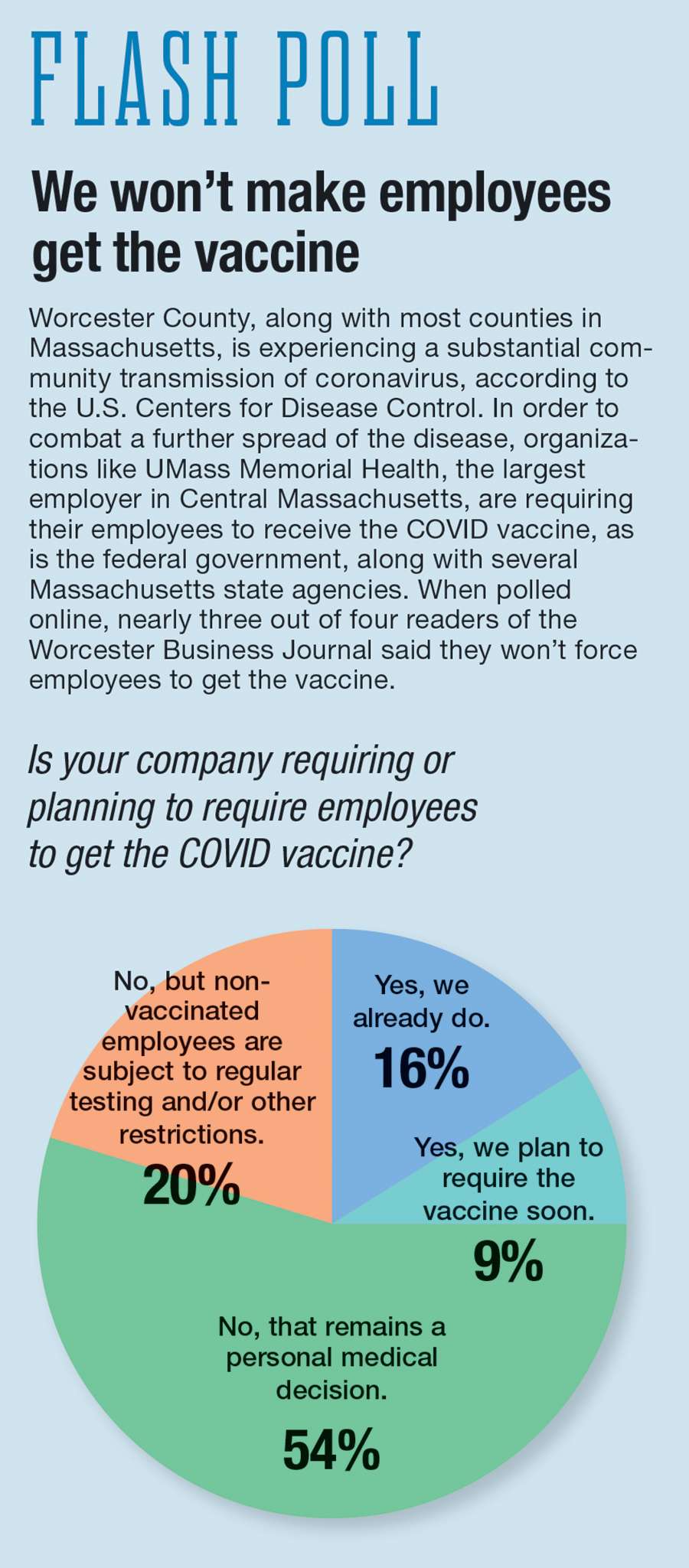
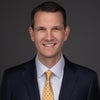


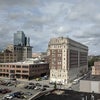

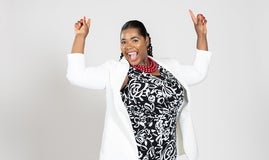

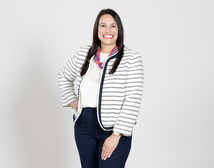
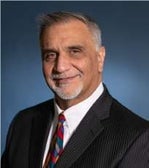



0 Comments